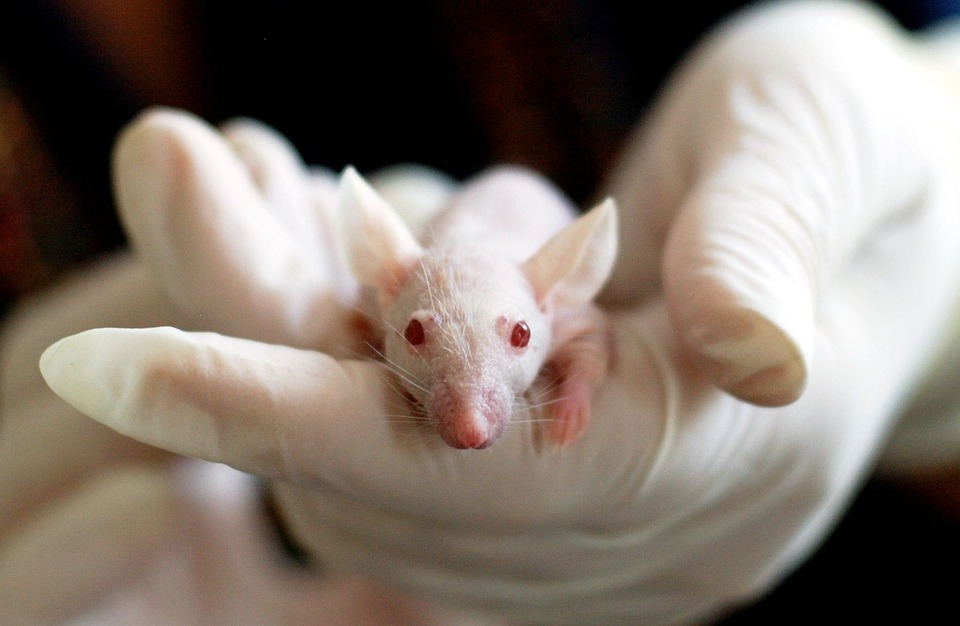Wednesday, October 16, 2019

Research from the University of Saskatchewan (USask) shows that low-frequency magnetic stimulation can reverse concussion-related cognitive impairment in mice. Concussions, also known as mild traumatic brain injury (mTBI), affect millions of people a year and cost billions in treatment and lost income. Concussions can cause chronic headache, loss of balance, cognitive impairment, sleep disturbance and can affect the ability to perform everyday tasks.
In the USask study, mice which had been repeatedly concussed were exposed to low levels of magnetic stimulation mimicking the oscillation of brain waves. After four days of 20-minute treatments using a laptop-type device, the mice showed significant improvement. They were able to perform tests of motor and cognitive ability at close to normal levels. Their body clocks (which had been damaged by the concussions) returned to normal as well. By contrast, the untreated mice in the control group were unable to perform the cognitive and motor tasks such as the ability to run on a wheel without falling off.
In addition, the researchers found that certain critical proteins in the mice brains were restored to normal levels after treatment. There was also evidence that the magnetic stimulation may protect concussed brains from the risk of further degeneration.
Patients with concussions can suffer long-lasting damage to cognitive, emotional and behavioral health. Although effective treatment to improve cognitive impairment is currently unavailable, low-frequency magnetic stimulation provides a new, non-invasive option for concussion treatment.